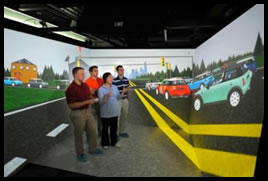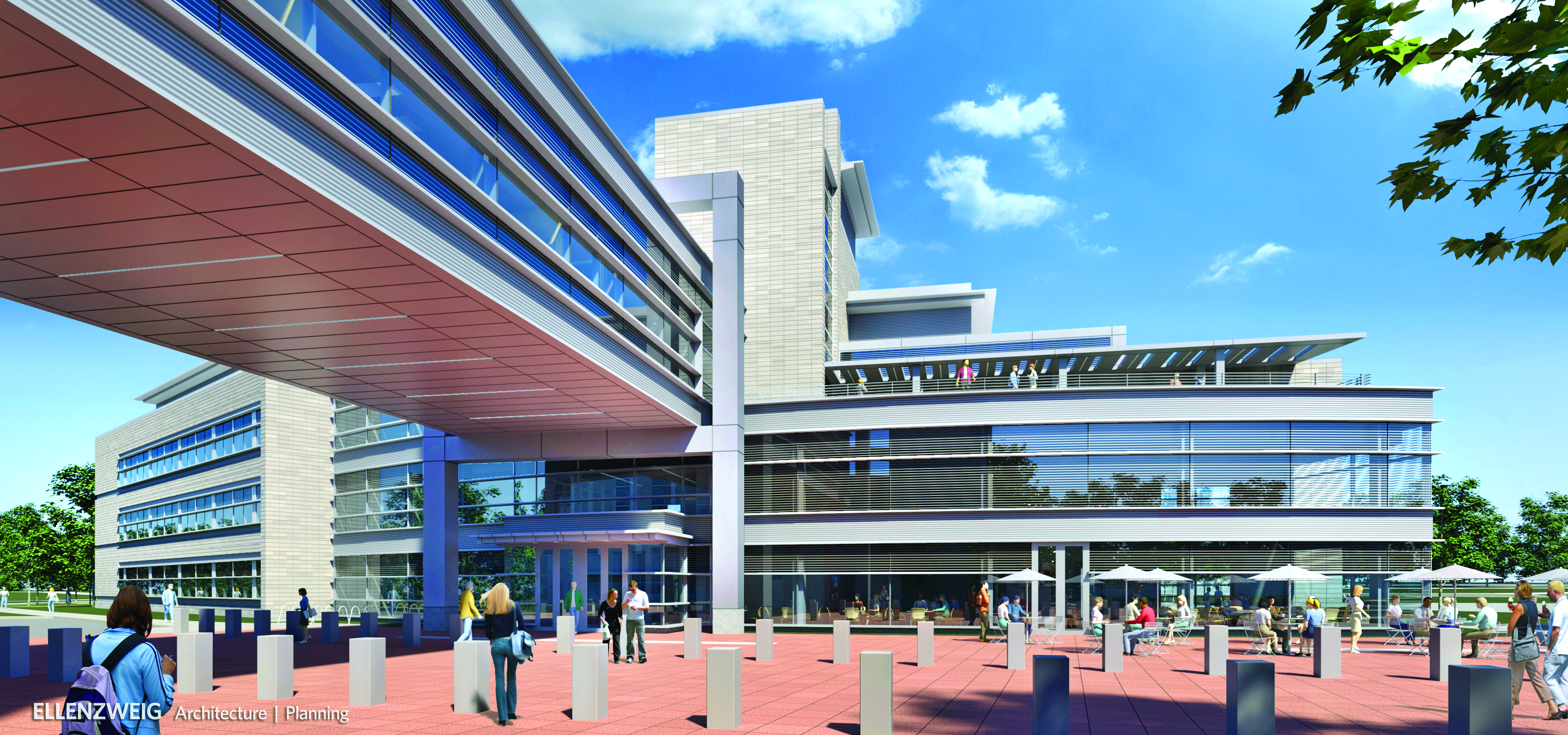Complex Systems & Optimization
Complex Systems & Optimization
Complex Systems & Optimizations

Advances in Complex Systems Journal defines a complex system as “a system comprised of a (usually large) number of (usually strongly) interacting entities, processes, or agents, the understanding of which requires the development, or the use of, new scientific tools, nonlinear models, out-of equilibrium descriptions and computer simulations.” Examples of complex systems include the World Wide Web, social networks (e.g., Facebook and twitter) and Amazon/eBay/Netflix users-products databases. In our lab, we focus mainly on biological and genomic complex systems, which specify the ways in which genetic components, like genes and proteins, interact to make a complex living system.
We believe that, just like the 20th century was the century of physics, the 21st century will be the century of biotechnology. The massive amounts of information that omics (e.g., genomics, proteomics, metabolomics) high-throughput sequencing technology generate marked a great leap forward in computational methods for analyzing and interpreting biological data. However, it remains a major challenge to determine the exact interactions of large-scale molecular networks and foster this knowledge into the design of optimal intervention strategies within the cell.
There are several hurdles that the community needs to address before the promises of proactive health care and personalized medicine come to their full potential. Among these, our research group is investigating the following problems:
- Reverse-engineer large molecular networks from a small number of available samples. Put simply, there are not enough observations or measurements to obtain an exact representation of the system. The aim is to obtain the most accurate picture given the available data and prior knowledge on the system.
- Investigate the mechanisms that drive the temporal rewiring of molecular networks during various cellular and physiological processes. In other words, we would like to unfold the movie in play during dynamic biological processes such as organism development, cancer progression and drug therapy.
- Design optimal intervention strategies to change the dynamics of the cell in a desirable way, for instance drive the cell away from metastasis. One way to achieve this control is by efficiently rewiring the underlying molecular network in order to change the dynamical behavior of the system.
- Collaborate with biologists and medical doctors to derive biological knowledge and discovery from experiments such as gene knockout data and perturbation experiments.
In our work, we bring to biology and genomics the structural model-based analysis and synthesis that form the basis of mathematically rigorous engineering. We firmly believe that the future of medicine lies at the intersection of biology, engineering and mathematics, and that mathematically derived models and predictions of the living cell could be engineered in a laboratory.
